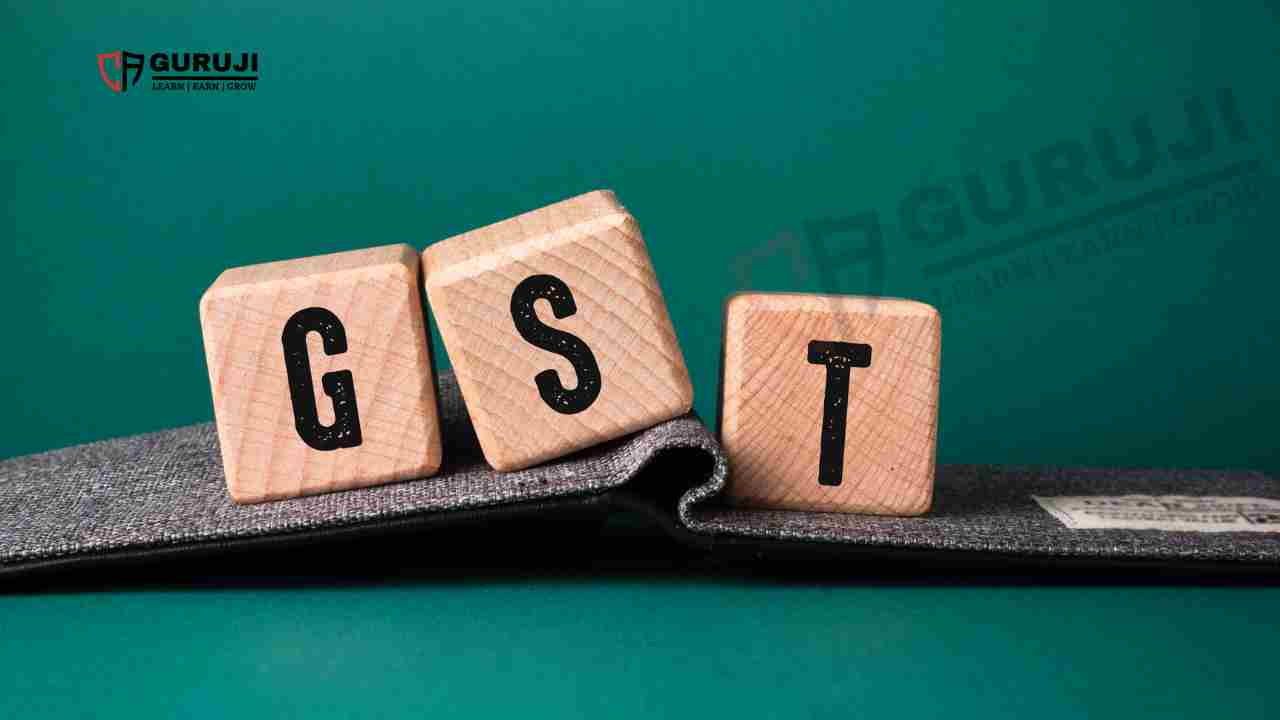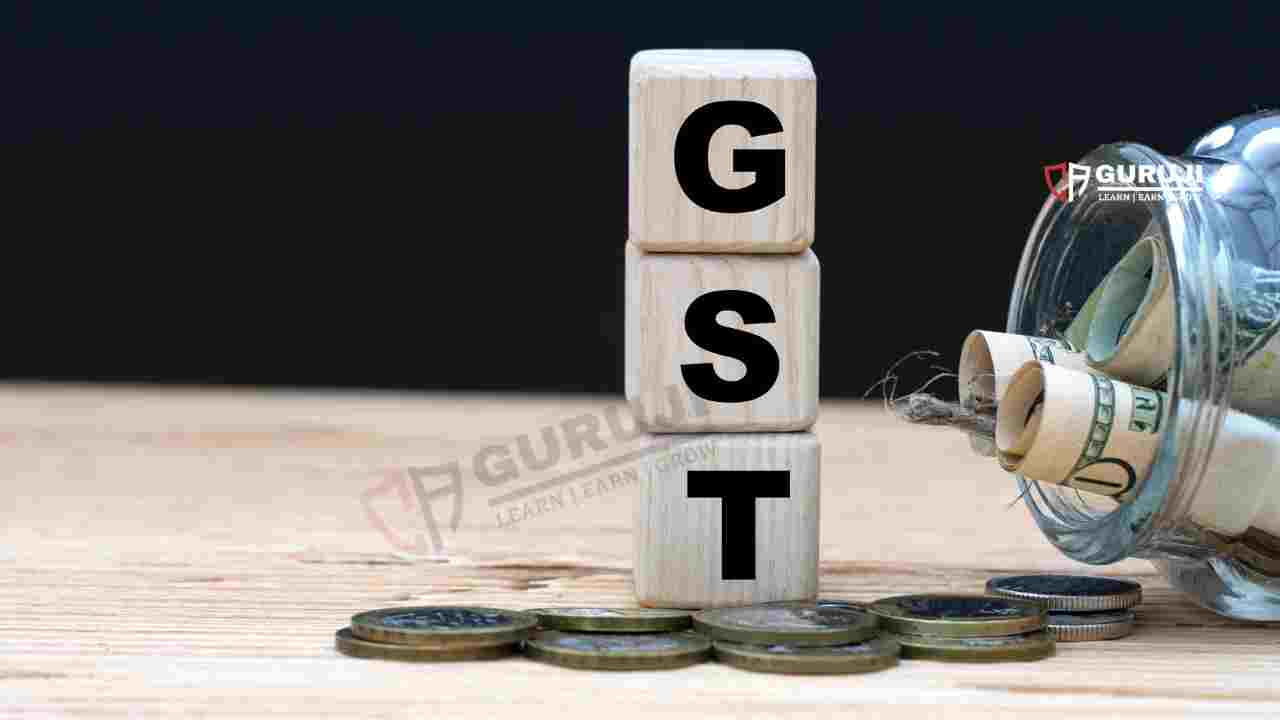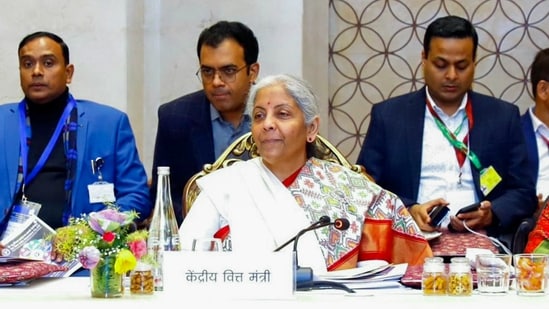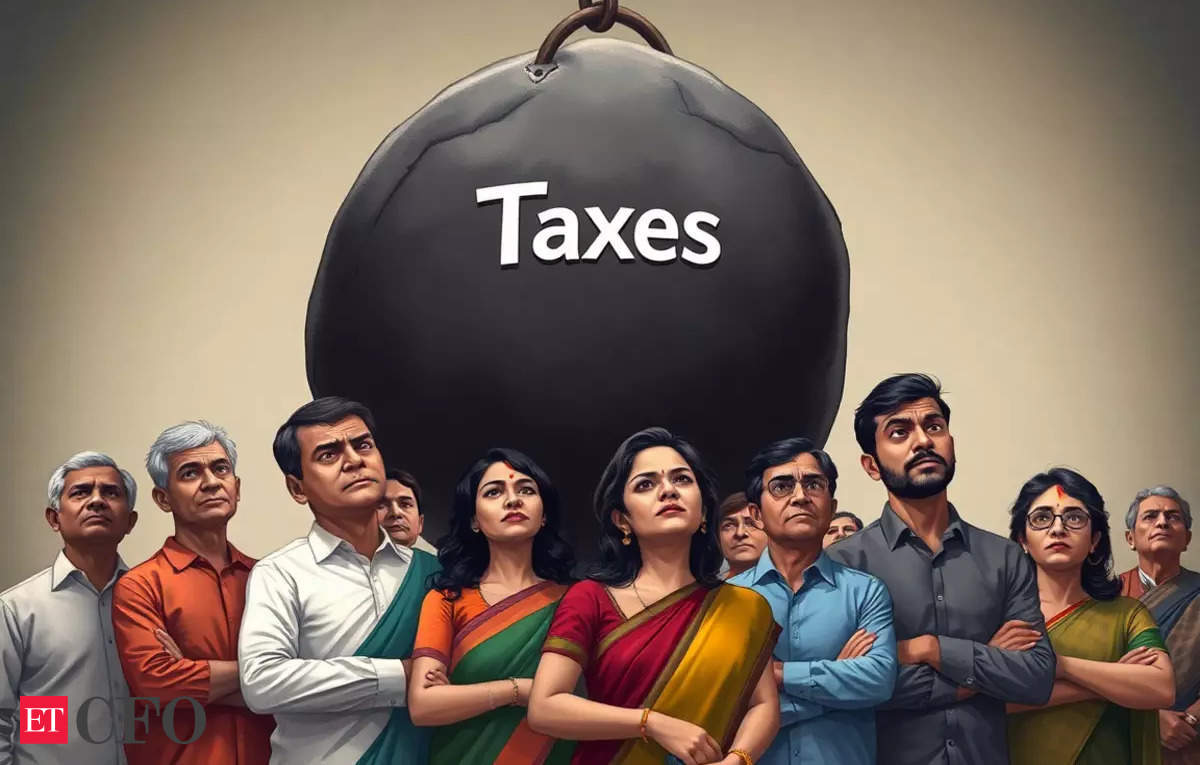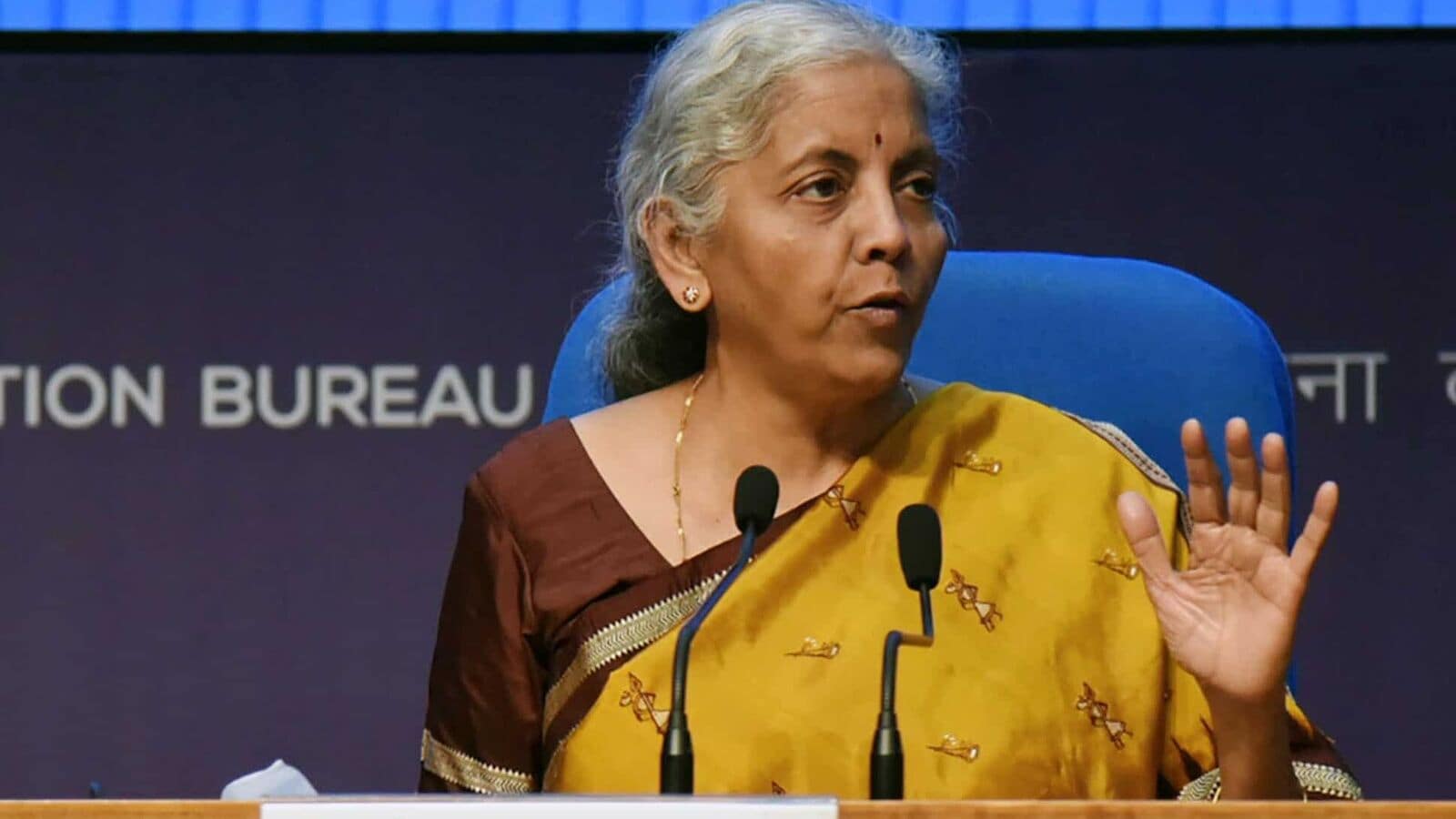Clarification in respect of GST liability and input tax credit (ITC) availability in cases involving Warranty/Extended Warranty, in furtherance to Circular No. 195/07/2023-GST dated 17.07.2023
We have received several queries about GST and ITC for warranty replacements and repair services. This circular aims to clarify those issues for consistent application of the law.
1. GST and ITC for Replacement of Goods under Warranty
1.1. Our previous circular (No. 195/07/2023-GST dated 17.07.2023) only covered replacement of parts under warranty. Many have asked for clarification on replacing entire goods under warranty.
1.2. When manufacturers provide warranties for goods, they might need to replace either parts or the entire product if it is defective. Our earlier circular didn’t specifically address replacing whole goods, only parts.
1.3. Now, we clarify that the rules for replacing parts also apply to replacing entire goods under warranty. Wherever “parts” are mentioned, it should be read as “goods or parts, as applicable.”
2. Replacement by Distributors under Warranty
2.1. The previous circular addressed GST and ITC for distributors replacing parts on behalf of manufacturers. It did not cover scenarios where distributors replace entire goods from their own stock and then get these replaced by manufacturers.
2.2. When distributors replace goods or parts from their stock under warranty and later get these goods or parts replenished by manufacturers, the key points are:
- Distributor replaces from their stock.
- Manufacturer replenishes the distributor’s stock.
- Replacement is at no extra cost to the distributor.
2.3. In such cases, GST and ITC rules are similar to those already covered for parts replacement. Specifically:
- If distributors replace goods or parts from their stock under warranty, they get replenished by manufacturers without additional charges.
- No GST is payable on this replenishment.
- Manufacturers do not need to reverse ITC for the replenished goods or parts.
3. Extended Warranty
3.1. If an extended warranty is provided at the time of the original supply of goods by a different person (e.g., an OEM or third party), it should be treated as a separate supply, not part of the original goods supply.
3.1.1. There may be cases where the supplier of the goods is a dealer, and the supplier of the extended warranty is the OEM or a third party. In such cases, the supplies made by different suppliers cannot be treated as part of a composite supply. Therefore, if an extended warranty is provided at the time of the original supply by a different supplier, it will be treated as a separate supply from the original goods supply.
3.2. If an extended warranty is sold after the original supply of goods, it should be treated as a supply of services. GST on extended warranties will depend on the nature of the contract.
3.2.1. Extended warranties assure customers that goods will be free of defects during the warranty period. Any required repairs or replacements are not known at the time of warranty sale.
3.3. Therefore:
- Extended warranties provided at the time of the original supply by a different supplier are treated as a separate service supply.
- Extended warranties sold after the original goods supply are also treated as a separate service supply.
- GST applies accordingly.
3.4. Accordingly, in Sr. No. 6 of Table in para 2 of the said Circular, in column No. 3 of the table, the following shall be substituted:
- (a) If a customer enters into an agreement for an extended warranty with the supplier of the goods at the time of the original supply, then the consideration for such extended warranty becomes part of the value of the composite supply, with the principal supply being the supply of goods, and GST would be payable accordingly. However, if the supply of extended warranty is made by a person different from the supplier of the goods, then the supply of extended warranty will be treated as a separate supply from the original supply of goods and will be taxable as a supply of services.
- (b) In case where a customer enters into an agreement for an extended warranty at any time after the original supply, then the same shall be treated as a supply of services distinct from the original supply of goods and the supplier of the said extended warranty shall be liable to discharge GST liability applicable on such supply of services.
Visit www.cagurujiclasses.com for practical courses




